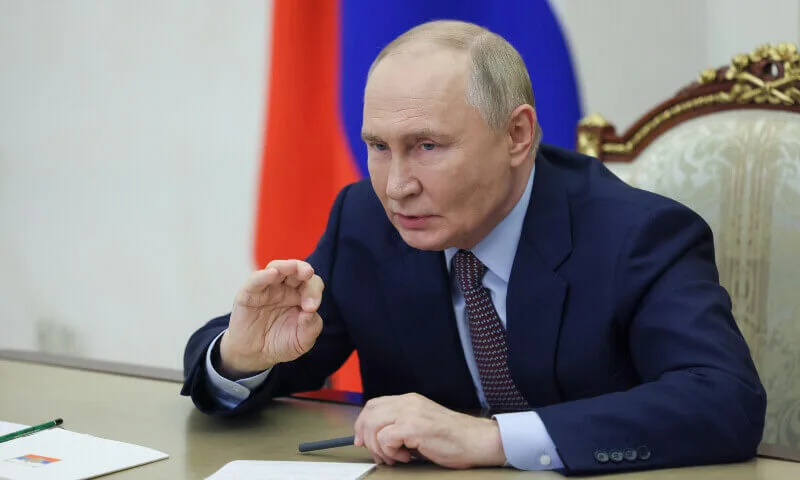Vladimir Putin, the president of Russia, has argued in favor of the BRICS alliance playing a bigger role in the world energy markets, highlighting the necessity of closer collaboration in the face of shifting geopolitical dynamics. The announcement is being made as Russia gets ready to host the annual Energy Week International Forum, which will feature a major gathering of energy ministers from the BRICS countries.
Key Developments in BRICS Energy Strategy
- Russia, as the world’s second-largest oil exporter, seeks to strengthen BRICS’ influence
- The bloc now represents 42% of global oil and gas reserves following recent expansion
- Important BRICS energy dialogue expected during the upcoming forum in Russia
Putin’s Vision for BRICS Energy Cooperation
In his letter to forum participants, Putin outlined several strategic priorities for BRICS:
- bolstering national economies through cooperation in the energy industry
- Taking up the most important social issues
- enhancing the standard of living for people in the BRICS member countries
- defining shared guidelines for the energy transition
- Increasing BRICS’ influence in talks about global energy
BRICS Expansion and Energy Implications
The BRICS alliance has recently undergone significant expansion with new members including:
- Egypt
- Iran
- United Arab Emirates
This expansion has substantially increased BRICS’ influence in energy markets, particularly in:
- Oil and gas reserves
- Production capabilities
- Global market presence
Upcoming BRICS Energy Forum Details
The Energy Week International Forum is set to be a crucial platform for discussions on BRICS energy strategy, with several notable aspects:
- Expected participation of BRICS energy ministers
- Potential attendance by Saudi Arabian representatives (pending confirmation)
- Focus on strategic energy cooperation within BRICS
- Discussion of geopolitical challenges and opportunities
Saudi Arabia’s Potential Involvement in BRICS Energy Talks
While Saudi Arabia hasn’t officially joined BRICS, several developments suggest growing ties:
- Crown Prince Mohammed Bin Salman has received an invitation from Russian Foreign Minister Sergei Lavrov to attend the forthcoming Kazan meeting.
- Prince Abdulaziz bin Salman, the Saudi Energy Minister, may attend the forum (confirmation pending).
- Saudi Arabia’s strategic significance as the world’s top oil exporter, in line with the objectives of the BRICS.
Historical Context of BRICS
The BRICS alliance, established in 2009, has evolved significantly:
- Originally formed as an informal club
- Designed to challenge the US-dominated world order
- Gradually expanded influence in global economic matters, particularly in energy
- Increased focus on BRICS energy market cooperation
Looking Forward to BRICS’ Energy Future
The upcoming forum and BRICS energy ministers’ meeting represent significant opportunities for:
- Strengthening energy sector cooperation among BRICS member states
- Developing common approaches to energy transition within BRICS
- Enhancing the bloc’s influence in global energy markets
- Addressing geopolitical challenges through unified BRICS strategies
In an effort to offset Western influence and forge closer political and economic links inside the BRICS alliance, Russia is pushing for more BRICS participation in the world’s energy markets. The dynamics of the world energy market and international economic relations may be greatly impacted by the success of these initiatives.

